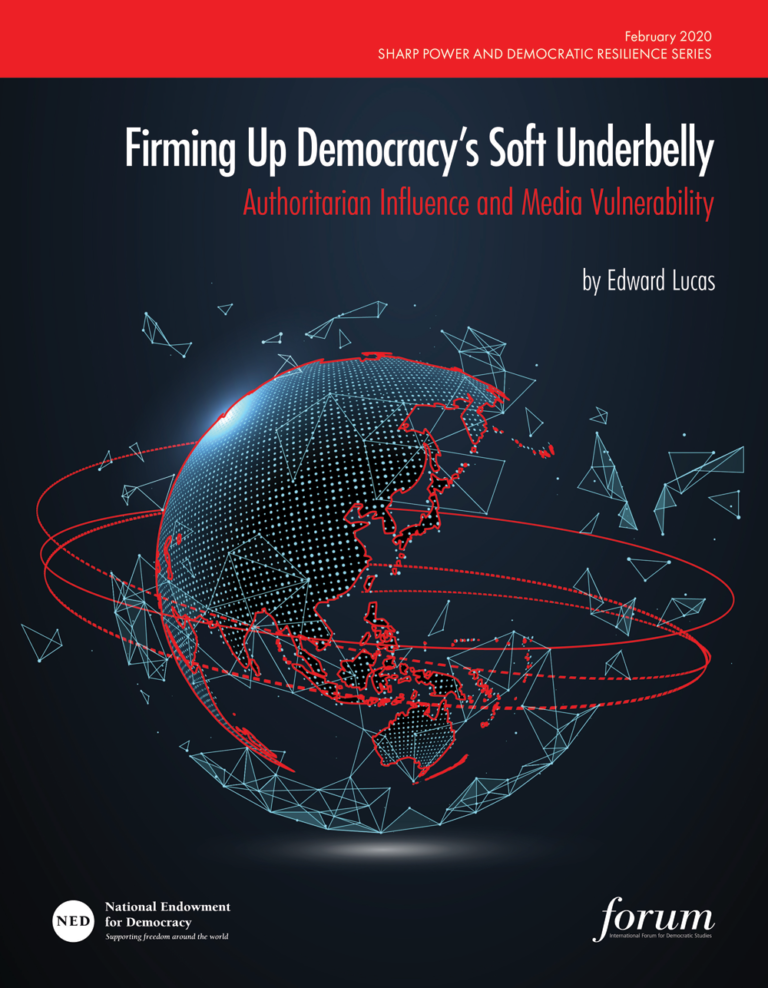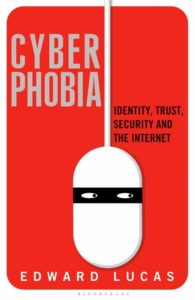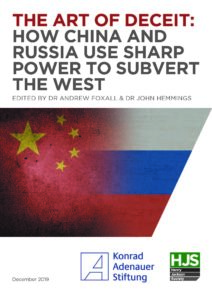 The authoritarian resurgence will remain a major global risk in 2020 due to the many economic and social consequences of autocratic governance, according to Global Risk Intelligence. While some exceptions exist, countries with authoritarian rulers are generally more prone to political unrest, limited economic growth, and volatile investment conditions, and should thus be monitored closely.
The authoritarian resurgence will remain a major global risk in 2020 due to the many economic and social consequences of autocratic governance, according to Global Risk Intelligence. While some exceptions exist, countries with authoritarian rulers are generally more prone to political unrest, limited economic growth, and volatile investment conditions, and should thus be monitored closely.
Liberal democracies should accept “the bleak truth that we are losing the battle of ideas with authoritarian regimes, not because our ideas are weak, but because the battlefield is skewed against them,” says a leading commentator.
 Leading authoritarian regimes have exploited democratic norms and transformed the market for information into a dangerous tool to exert antidemocratic sharp power. Under enormous economic and political pressures, independent media are struggling to respond, notes former Economist editor Edward Lucas, author of Cyberphobia: Identity, Trust, Security, and the Internet. News outlets face wrenching changes in their business models, driven by technological revolution. And features of the media system once seen only as strengths—such as competition, openness, and fair-mindedness—have also turned out to be weaknesses, he writes in Firming Up Democracy’s Soft Underbelly: Authoritarian Influence and Media Vulnerability, a report from the National Endowment for Democracy’s International Forum for Democratic Studies.
Leading authoritarian regimes have exploited democratic norms and transformed the market for information into a dangerous tool to exert antidemocratic sharp power. Under enormous economic and political pressures, independent media are struggling to respond, notes former Economist editor Edward Lucas, author of Cyberphobia: Identity, Trust, Security, and the Internet. News outlets face wrenching changes in their business models, driven by technological revolution. And features of the media system once seen only as strengths—such as competition, openness, and fair-mindedness—have also turned out to be weaknesses, he writes in Firming Up Democracy’s Soft Underbelly: Authoritarian Influence and Media Vulnerability, a report from the National Endowment for Democracy’s International Forum for Democratic Studies.
 The report, to be launched on Saturday, February 15, 2020 at the Munich Security Conference, is the first of a series of publications to be released in the coming months as part of the International Forum for Democratic Studies’ new Sharp Power and Democratic Resilience initiative. Alina Polyakova, the President and CEO of the Center for European Policy Analysis (CEPA), will moderate the panel discussion featuring author Edward Lucas of CEPA, Christopher Walker from the National Endowment for Democracy (NED), award-winning journalist Anne Applebaum, and Teija Tiilikainen from the European Centre of Excellence for Countering Hybrid Threats.
The report, to be launched on Saturday, February 15, 2020 at the Munich Security Conference, is the first of a series of publications to be released in the coming months as part of the International Forum for Democratic Studies’ new Sharp Power and Democratic Resilience initiative. Alina Polyakova, the President and CEO of the Center for European Policy Analysis (CEPA), will moderate the panel discussion featuring author Edward Lucas of CEPA, Christopher Walker from the National Endowment for Democracy (NED), award-winning journalist Anne Applebaum, and Teija Tiilikainen from the European Centre of Excellence for Countering Hybrid Threats.
There are three main parts to Russian sharp power strategy in the media sphere, Lucas notes:
- The first is to reach media consumers through the Kremlin’s own state media outlets. The state-owned newspaper Rossiyskaya Gazeta produces a paid supplement, Russia Beyond, which is inserted into local papers in some 27 countries using 16 languages….
 The second part of the Russian media strategy is to use financial and other means to influence mainstream media in target countries. Sputnik content, for example, is free to use, whereas Reuters and other international news agencies charge client outlets for their services. …
The second part of the Russian media strategy is to use financial and other means to influence mainstream media in target countries. Sputnik content, for example, is free to use, whereas Reuters and other international news agencies charge client outlets for their services. …- The third part of the strategy is clandestine or indirect pressure. This can take the form of secret financing of competitors, disguised mergers and acquisitions, and the bribery of key staff…
Authoritarian diffusion acts as a countervailing force for democracy promotion efforts, argues Natasha Wunsch, Assistant Professor and Senior Researcher at ETH Zurich. The dual external influence makes domestic elites less vulnerable to either side, enabling them to ‘pick and choose’ from two different menus.
Remedies and deterrents are still available for democratic societies. But an effective response to authoritarian media influence requires an array of normative, legal, and practical changes, Lucas contends:
•  A blueprint for action on norm building is overdue. A common feature of governmental and nongovernmental efforts to pursue the public good in democratic societies, norms must be applied to both consumers and producers in the information space.
A blueprint for action on norm building is overdue. A common feature of governmental and nongovernmental efforts to pursue the public good in democratic societies, norms must be applied to both consumers and producers in the information space.
• A first step should be the creation of a charter of responsible practice with input from professional associations, trade unions, journalism schools, and industry bodies.
• A related effort encourages discretion in interactions with problematic media, to increase the social cost of engaging with state-owned propaganda channels.
• In the long term, media literacy education offers the best hope of strengthening the immune system of democratic media environments.
• Statutory regulation can help to improve the transparency of ownership, including state affiliation. Numerous private sector and nongovernmental initiatives are also developing systems for determining credibility and integrity in online news…..
“No single or simple solution will blunt the impact of sharp power on the information systems of the world’s democracies,” Lucas concludes. “But allowing commercial pressure alone to dictate information flows effectively sells political decision making to the highest bidder.” RTWT
@DCTwining adds: As the #CCP exports authoritarianism beyond its borders, #SriLanka risks falling victim. Smart analysis from @IRIGlobal‘s @DaveShullman for @VOANews.







